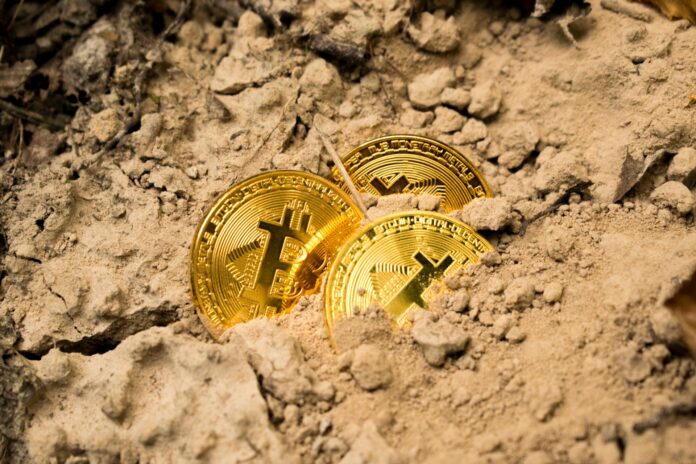Bitcoin remains one of the most popular cryptocurrencies to date. Although a large percentage of the 21 million Bitcoin in existence have been found, there are approximately 2 million left. That is where Bitcoin mining comes in. Bitcoin mining uses computer processing power to reward miners with cryptocurrency. Each Bitcoin is allocated a 64 hexadecimal number and the prospective miners are trying to guess this number, using mathematics, in order to be rewarded Bitcoin. The first to get the exact number wins 6.25 Bitcoin to be exact which is equivalent to about $250,000.
Bitcoin mining is relatively straightforward but by no means is it easy. It is arduous, painstaking work and many can walk away empty-handed. Miners work tirelessly to secure Bitcoin but there is no guarantee that any will be acquired. The race to find the last Bitcoins has attracted a lot of new users making it harder and harder to acquire crypto coins. Technically, it is free to partake in the Bitcoin mining process but when you look at the necessary equipment and energy supply, it can be quite costly to start mining.
The competition to win Bitcoin is saturated with strong miners and in order to have a fair shot at successfully winning the numbers game, you need to have powerful hardware to support their efforts. The most effective and efficient is the Application Specific Integrated Circuit (ASIC). However, starting rates for decent ASICS are in the thousands. There are cheaper alternatives, including using a Graphics Processing Unit but the less expensive options won’t be nearly as profitable as the top-of-the-line accessories. The offset to the high cost of the ASIC is that you won’t need a state-of-the-art computer to run it; they are remarkably self-sufficient. When looking at high-quality ASICs, the processing power needed from your computer would be minimal as the ASIC does all the work. That being said, the ASIC is extremely power-hungry.
Energy consumption can be one of the biggest cost considerations of bitcoin mining. If your home already has high electricity bills, running any mining hardware for long periods of time will greatly spike those numbers. Many miners need to run their equipment 24 hours a day. Bitcoin mining (and other cryptocurrencies) has long been criticized for their energy use. That is why companies like Gryphon Digital Mining are working towards a carbon-neutral alternative. Doing so will increase the sustainability of the industry and greatly reduce the carbon footprint.
When looking at the high cost of energy and equipment, it can be difficult to see where one might turn a profit with Bitcoin mining. That is where ‘mining pools’ and ‘cloud mining’ can help. By removing the heavy burden of solo mining, miners can offset their costs and efforts by working with a group. In a mining pool, there are a number of users working together and sharing the profit. Although the return might be less than what is allocated to a solo miner, there are much higher chances of getting a Bitcoin. Think of it like the lottery. You could buy a ticket for yourself or you could go in on a lottery pool with twenty friends and increase your chances of winning. This would also help reduce the energy required to make money back as it is a collective effort. Of course, there are stipulations in how the money is divided based on each group’s set of protocols and allocation rules.
Cloud mining offers a rental option for prospective miners. Instead of handling all upfront costs yourself, you rent the hardware and computing power of a data center. This third-party option means the responsibility of maintenance and energy monitoring is in the hands of someone else while you still have the opportunity to make a profit. This can be a great option for those who don’t have the necessary start-up capital for bitcoin mining equipment. Plus, it saves you from getting a whopping energy bill at the end of the month.
It’s important to note that you could do all the right things and still not offset your initial start-up costs. Bitcoin mining is difficult, saturated and competitive, making it harder and harder to successfully mine. In the early days, mining was extremely accessible and highly profitable. Many are still chasing this idea. Solo mining is becoming less popular as more see the benefit of group or cloud mining options. Taking the heavy lifting out of the equation has meant that more miners are making steady returns rather than the lump-sum payday. If you’re still wanting to go solo, make sure to calculate all possible costs to ensure you understand what you would need to make to turn a profit. Bitcoin mining can be a fun and unique way to make income but it by no means is a free endeavour.














